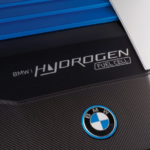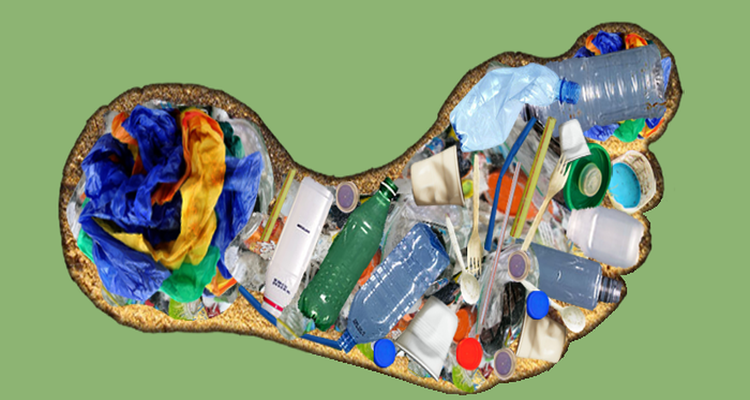Reducing one’s plastic footprint has become the need of the hour. While doing this can be a challenge, it is definitely worth the effort.
For those of us who want to make the shift to a plastic-free lifestyle in the right direction, we decided to put together this guide of nifty eco-friendly alternatives.
1. Bamboo Toothbrushes
 Plastic toothbrushes are the second largest plastic waste generated after plastic bags. Just in India, more than 150 million plastic toothbrushes are thrown into the garbage every month. Every part of the toothbrush – the handle, as well as the bristles – is made from petroleum-based plastic, which does not biodegrade for thousands of years.
Plastic toothbrushes are the second largest plastic waste generated after plastic bags. Just in India, more than 150 million plastic toothbrushes are thrown into the garbage every month. Every part of the toothbrush – the handle, as well as the bristles – is made from petroleum-based plastic, which does not biodegrade for thousands of years.
So while switching to a bamboo toothbrush may seem like a small change, the stats above show that we could all make a big difference to the planet if we choose alternatives that are a whole lot better for the environment.
2. Clay Bottles
 Plastic bottles used to store water take around 1,000 years to biodegrade and produce toxic fumes upon incineration, meaning most plastic water bottles simply end up becoming litter.
Plastic bottles used to store water take around 1,000 years to biodegrade and produce toxic fumes upon incineration, meaning most plastic water bottles simply end up becoming litter.
Handmade, reusable and biodegradable, clay bottles not only make for a better and healthier alternative, they also help keep the water cool. In fact, clay pots have been used in India for eons to keep the temperature of stored ware low despite the scorching summer heat.
3. Edible Cutlery
 Disposable plastic cutlery is a huge contributor to the enormous problem of plastic pollution, making it imperative that we start using green substitutes such as edible cutlery. It was with this concern in mind that Naryanana Peesapaty, a former researcher with the International Crops Research Institute for the Semi-Arid Tropics (ICRISAT) started Bakey’s, a firm that has been manufacturing spoons made from rice, millet and wheat since 2011.
Disposable plastic cutlery is a huge contributor to the enormous problem of plastic pollution, making it imperative that we start using green substitutes such as edible cutlery. It was with this concern in mind that Naryanana Peesapaty, a former researcher with the International Crops Research Institute for the Semi-Arid Tropics (ICRISAT) started Bakey’s, a firm that has been manufacturing spoons made from rice, millet and wheat since 2011.
“Just throw the spoons in mud or in a potted plant to decompose after use if you do not wish to eat it,”
4. Biodegradable Bags
Did you know that, at the moment, the world consumes around 5 trillion plastic bags in a year – If the world keep at this pace, there will be more plastic in the oceans than fish by 2050.
Though some of the eco-friendly alternatives may be a bit more expensive than the ubiquitous polythene bags. Biodegradable bags are made from tapioca and make for animal fodder when trashed.
5. Mitticool Fridge
 A natural zero-electricity refrigerator made entirely from clay that cools water and can be used to store vegetables.
A natural zero-electricity refrigerator made entirely from clay that cools water and can be used to store vegetables.
Sounds awesome, right?
Mansukh Bhai Prajapati, a traditional clay craftsmen, has actually created such a fridge that can be used by both rural and urban masses.
The Mitticool refrigerator preserves the original taste of fruits and vegetables. During testing, the shelf life of coriander was extended by 4 days as against 1.5-2 days in room temperature.
Shelf life of vegetables like brinjal, chilly & okra was increased on an average by 5-6 days vis-à-vis room temperature.
Go plastic-free in your choices






